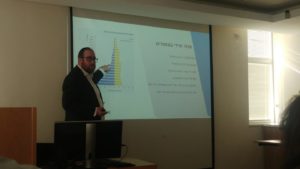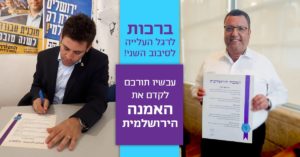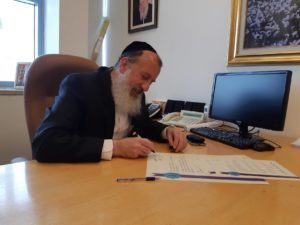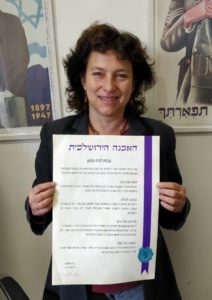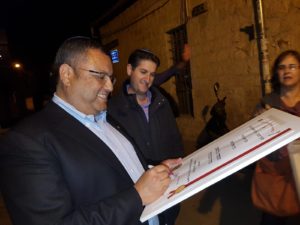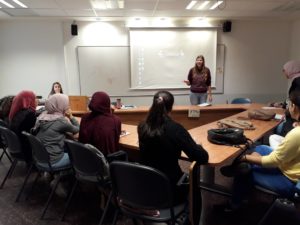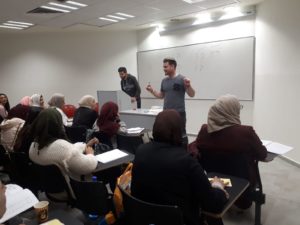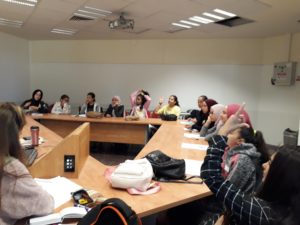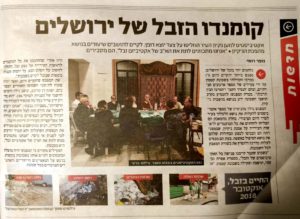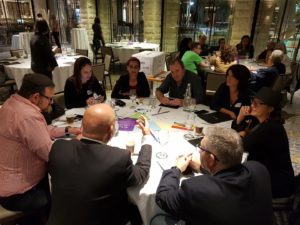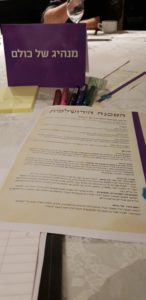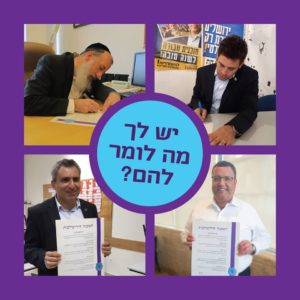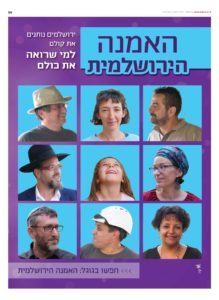A Decade of Cultural Competency – Digitization of Health Care and Other Worlds in Haredi Society
Today many people manage much of their health care needs electronically – over the Internet, through mobile apps and various social media. Medical information, consultation with doctors and nurses and making appointments – all of these actions are often done today online or via mobile apps. How does the Haredi population, which often eschews the open Internet, deal with these means of communication? How do they receive information, which many in the non-Haredi world have instant access to simply by filling out telephone numbers or e-mail addresses and receiving occasional updates?
Our fifth lecture in the celebrating a decade of Cultural Competency (see here, here, and here for former meetings) focused on the Haredi sector – how it relates to the Internet and social media, relating to the world of health care and others. The speaker was Shmuel Drilman, Haredi social activist and CEO of the Webetter digital company.
He spoke about how so much of our daily lives revolves around the Internet, smartphone apps and social media, from health care to a range of other services, and how the Haredi world – which is often closed to technological advancements – deals with the challenges of everyday life in the 21st century. He spoke about possible ways that the health care world can make information available to Haredi society, without compromising its online systems or the Haredi society’s cultural norms.
Many thanks to the ALYN Rehabilitative Hospital for their partnership and hosting of this series of lectures. And of course, many thanks to the Jerusalem Foundation for its strategic partnership in cultural competency over the last decade!
Here’s the Facebook post on the meeting:

